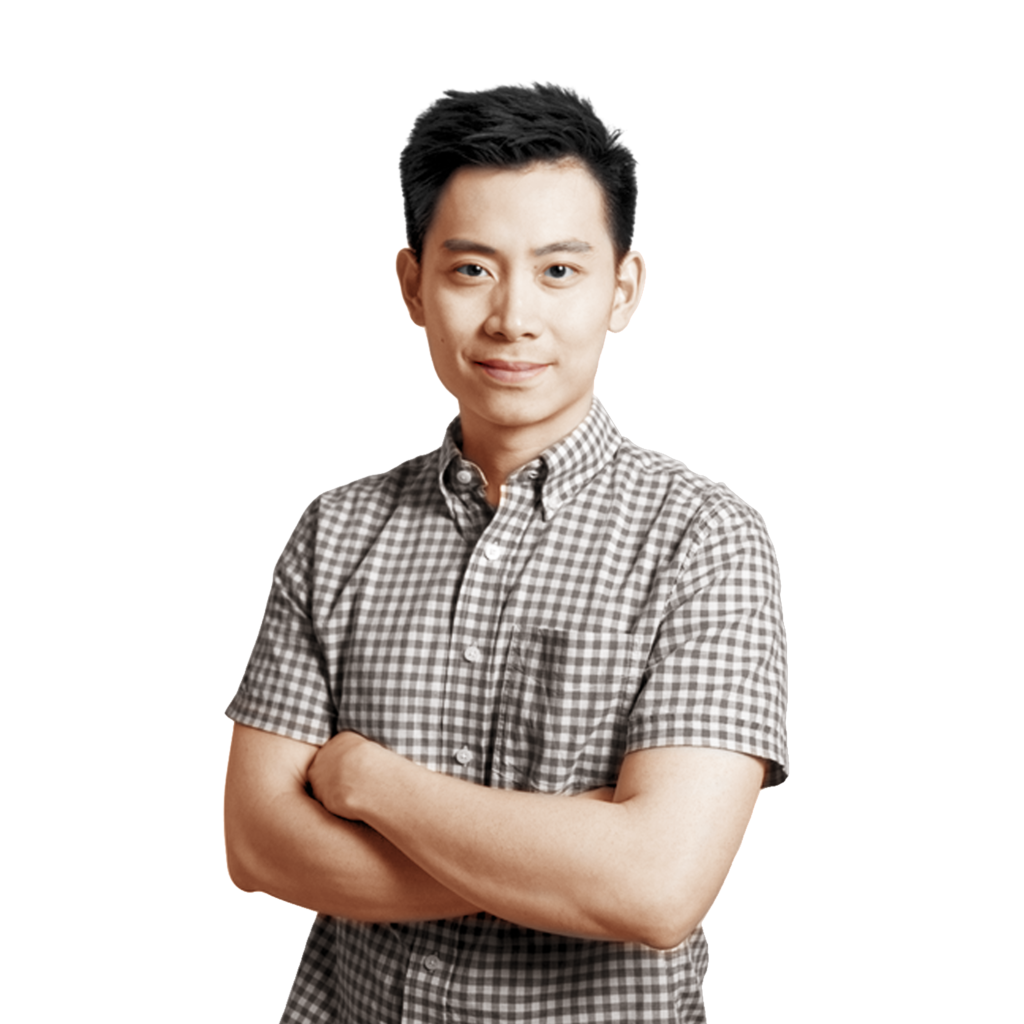From IEOR to Fintech Entrepreneur: Alum Haryanto Tanjo Shares His Journey
Haryanto Tanjo (B.S. IEOR ‘09) came to Cal as an international student from Indonesia. After graduation, he worked at Cisco, Bayer HealthCare, and then spent three years with Webster Pacific, a management consulting firm in the Bay Area. Haryanto went on to earn an MBA at the University of California, Los Angeles.
During his MBA, he spent his summer at McKinsey and went on to receive a full-time offer which he had planned to accept, but decided to take a risk and start a new business instead. He went back to Jakarta with his co-founder Grady Laksmono to launch their start-up, MOKA, which provides a point-of-sale solution to help small and medium businesses run their operations and accept payments.

Under his leadership, MOKA grew to become the leading point-of-sale company in Indonesia with over 40,000 merchants using its services. MOKA raised over $25M in funding from renowned investors such as Sequoia Capital and Softbank before getting acquired by Gojek, Indonesia’s largest tech company, for $130 million (see coverage by Bloomberg here). Recognized as a young and inspiring entrepreneur, Haryanto was named one of Forbes 30 Under 30 Asia list in 2019.
The IEOR department recently followed up with Haryanto to learn more about his journey from IEOR to successful entrepreneur.
Berkeley IEOR (Keith McAleer): Congratulations on launching your venture MOKA, with great success! Berkeley is being recognized as a top school for entrepreneurs. What advice would you give our student entrepreneurs? Or, if you were to go back in time to your Berkeley days, would there be anything you would do differently to set yourself up to create an innovative company?
Haryanto Tanjo: If I were to go back to my Berkeley days, I would take more elective classes outside of IEOR to broaden my understanding of other fields. I would also reach out to more alumni across multiple professions and ask them about what they do. I feel like college is a time for exploring, and I was so focused on my major that I didn’t do enough of that.
IEOR: The IEOR department has a growing master of engineering program, and the FinTech concentration is very popular. What do you think are the biggest opportunities or challenges in FinTech in the coming 5-10 years?
Haryanto: The opportunities and challenges are different depending on which part of the world you’re in, but I believe emerging markets present the most exciting opportunities. In Indonesia where I’m from, 40% of the population are unbanked and most small businesses don’t have access to financing. This creates a massive opportunity for FinTech players to serve the underserved.
IEOR: What do you think were some of your biggest learnings from your undergraduate degree in IEOR that set you up for success in developing your business?
Haryanto: I think IEOR has a good balance between engineering and business. Concepts such as managing by the bottleneck, the bullwhip effect, and decision analytics have a very broad application and are still relevant in how I manage the company today. I feel that IEOR helped shape my thinking process and allows me to approach a problem or decision in a structured and logical manner.
IEOR: Did you have a favorite IEOR class or professor?
Haryanto: My favorite class was IEOR 180. We were able to get Cisco as a client and my team won the best Senior Project award. I really enjoyed that class because it was my first real-world consulting project which convinced me to pursue a career in management consulting before starting my own business.
IEOR: What mindsets do you think are most important for business and entrepreneurship?
Haryanto: Don’t wait until you figure it all out before trying, because you won’t. Entrepreneurship requires a mix of data and gut – you’ll have some basic data around the problem statement to convince you it’s a problem worth solving, but building the product to solve the problem requires you to go into uncharted territory where there’s most likely no data available – that’s the gut part. You’ll learn that by doing.
IEOR: What is next for you? Will you continue to work in the new venture space? In FinTech? Or something completely new?
Haryanto: My focus in the next few years is to continue growing Moka to become an end-to-end solution for businesses in Southeast Asia. The company that acquired us, Gojek, has IPO aspirations in the near future – I definitely want to be a part of that and complete the full cycle from founding a company, getting acquired, to going public! Beyond that, I have no idea what I will be doing, but I will probably take 6-12 months to travel and explore the world.
IEOR: Finally, graduation is right around the corner. Do you have any advice for our new IEOR grads?
Haryanto: You are graduating into a world that has changed dramatically over the last 12 months. These are unprecedented times, and things might appear daunting. But challenges and opportunities always go hand-in-hand, so keep your eyes open and don’t be afraid to explore and try out new things.